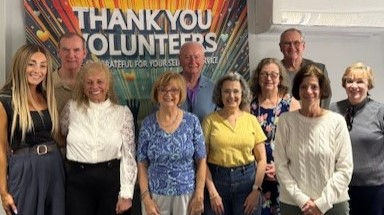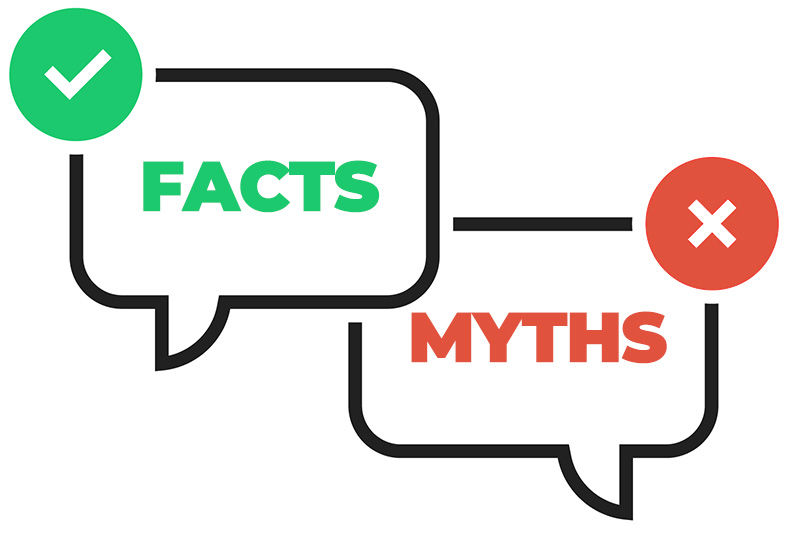Volunteers are the Heart of Hospice Care
- Angelic Health Palliative and Hospice Care

- Apr 28, 2025
- 3 min read
April is National Volunteer Month, a time to recognize the amazing volunteers who are a vital part of hospice. These men and women make a positive difference in the lives of our patients and their families, proving peace, support, and companionship during the most difficult of time. We are honored to have them on our team, and grateful for their selfless dedication to serve others.

Hospice Care is Rooted in Volunteers
Caring for the terminally ill by community volunteers is at the root of hospice history. In those early days of hospice, the sick and dying received care during their final days from compassionate, lay people with a mission to ease suffering. Today, clinical care is provided by registered and certified healthcare professionals, but the volunteer visitor continues to be an important part of hospice care.
"We know volunteering for hospice isn't for everyone," said Kathy Donadio, lead volunteer coordinator for Angelic Health Hospice. "Yet hospice volunteers will tell you that they get much more than they give. They delight in visiting patients, hearing their stories and making their days a little more special."
"I love doing this kind of volunteer work," said Patty Adamson, "I find it very rewarding."
Her and her husband Larry, a retired high school guidance counselor, have been Angelic Hospice volunteers for many years. Larry says he likes the interaction with patients. "I enjoy talking to people," he said.
Debra Tobias was a former social worker and wanted to continue helping others so became a hospice volunteer. "It has always been a long time desire of mine."

According to the National Hospice and Palliative Care Organization, the specialized care of dying patients was first called hospice in 1948 by English physician Dame Cecily Saunders. She later created St. Christopher's Hospice outside of London, which is believed to be the first modern hospice. In 1963 she introduced the idea in the United States when she lectured medical students, nurses, clergy, and social workers at Yale University. This lecture has been credited with launching a chain of events in the development of hospice services in the United States.
Claris MacDonald is an Angelic Hospice Volunteer in South Carolina.
This specialized healthcare option gained acceptance in the late 1980's when it became a Medicare-certified programs covered as a medical benefit. With this financial security and credibility to the hospice movement, and the care provided to patients transitioned to licensed and paid professionals. Yet, as a homage to its humble roots, Medicare requires volunteer hours to represent five percent of care hours so that patients who may be lonely, or families who need a respite can have visits from outside their family and friends.
So, you may ask, what compels someone to volunteer to visit hospice patients? After all, it takes a certain type of person who is open to such an experience and potentially becoming attached to someone who is going to die.
Volunteers share their interests and talents. Some help patients with documenting their life for a memory journal or transcribe family recipes for posterity. Just having someone to listen to them can make a difference, or play cards, table games, even staying with the patient for short periods of time so the caregiver can take time for themselves. Jacqueline Iannacone initially became a hospice volunteer to fill a requirement for school, but found it to be very rewarding. "I quickly felt the need to listen to those who do not have anyone to listen to them, " she said.

If you are a military Veteran, we are looking for you to visit other Veterans on the hospice service. Sharing this common bond is an important part of their lives. Certified Pet Therapy volunteers and their dogs also visit pet-loving patients who enjoy visits from these furry friends. Patients living in facilities and cannot have pets particularly welcome these visits.
A gift of your time and compassion to those on their final journey can mean so very much to these patients and their loved ones. But hospice volunteering does not stop at the death of the patient. Hospice staff and volunteers follow the family for 13 months after the death of their loved one, offering bereavement support.
For more information on hospice volunteering, call 844-948-0645 toll free, email Volunteer@Angelic.health ,or visit www.angelic.health.
Volunteers are the heart of hospice












Comments